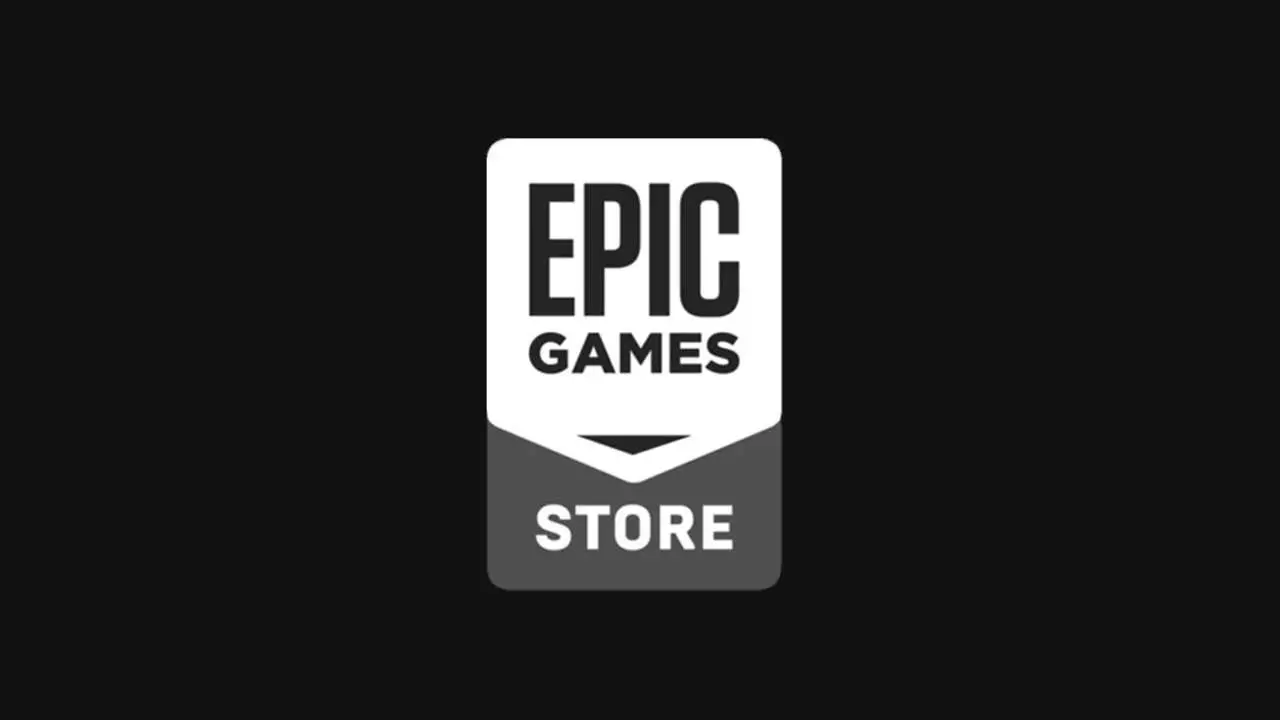The recent actions taken by The European Consumer Organization (BEUC) against several significant players in the gaming industry—such as Epic Games, Electronic Arts, and Microsoft—bring to light a pressing issue regarding consumer rights, particularly for vulnerable populations like children. BEUC’s 36-page report claims these companies engage in misleading marketing strategies, specifically targeting in-game purchases as a significant revenue stream. The gaming industry has evolved dramatically over the years, transitioning from one-time purchases to a model heavily focused on in-game microtransactions, often referred to as “loot boxes” or premium currencies.
The report outlines various practices deemed harmful, suggesting these tactics manipulate players into spending money inadvertently. Notably, it highlights how children, being more susceptible to these marketing strategies, could be exploited through deceptive game designs and aggressive advertising. The gravity of the allegations cannot be understated; they touch upon ethical considerations surrounding how companies engage with their consumers, especially minors who may not fully grasp the financial implications of their gaming habits.
The Response from the Gaming Industry
In response to BEUC’s claims, Video Games Europe, a coalition that represents many developers and publishers within the EU, has defended the gaming industry’s practices. The coalition contends that in-game purchases are a well-established and understood component of modern gaming, and dismisses the notion that these practices constitute trickery or exploitation. They argue that consumers, including children, can engage with mobile games without incurring any costs, thereby undermining BEUC’s assertions of deception. This assertion raises questions about the voluntary nature of such purchases and whether players fully understand the implications of engaging with in-game economies.
Moreover, the industry points out its compliance with existing European consumer laws, emphasizing commitments to transparency and fairness in their transaction practices. This defensive stance invites a discussion about the effectiveness of current regulations as they pertain to digital goods and services. Are they adequate to protect consumers in an ever-evolving digital marketplace?
The Broader Implications for Consumer Rights
The conflict between BEUC and the gaming industry sheds light on an essential dialogue regarding consumer rights in the digital age. With technology continuously advancing, the traditional frameworks that govern economic exchanges may require reevaluation to remain effective. The gaming sector, now more than ever, holds a substantial influence over its audience, particularly younger players who may lack the financial literacy to navigate these complex purchasing decisions.
Moving forward, it becomes imperative for regulators to examine these practices closely. Legislative actions that adapt to the nuances of digital transactions could potentially provide a safeguard for consumers. As the dialogue progresses, stakeholders must balance innovation with ethical responsibility, ensuring that the gaming environment remains fun, engaging, and, most importantly, fair for every player involved.
While the gaming industry’s defense asserts a level of transparency and choice for consumers, the backdrop of BEUC’s allegations warrants critical examination. This case not only highlights the issues at hand within the gaming community but also serves as a catalyst for reform in consumer rights protection as a whole.


Leave a Reply